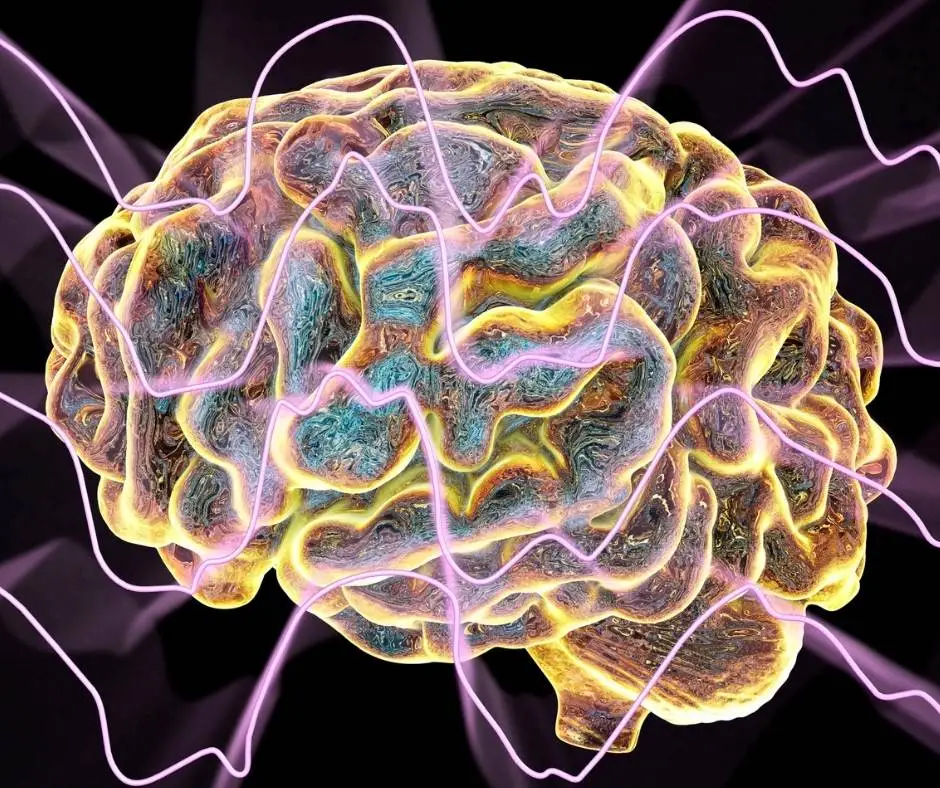Sleep is a vital component of our daily lives, essential for rest, rejuvenation, and overall well-being. While we may perceive sleep as a period of inactivity, the brain actually undergoes a complex series of activities during this restorative state. These processes are critical for consolidating memories, promoting learning, and maintaining cognitive function. Let’s delve into the intriguing world of brain activity during sleep.

One of the key phenomena that occur during sleep is the fluctuation of brain waves. Electroencephalogram (EEG) studies have identified several distinct patterns of brain activity associated with different stages of sleep. The sleep cycle consists of two main types: rapid eye movement (REM) sleep and non-rapid eye movement (NREM) sleep.
During NREM sleep, the brain produces slow, synchronized electrical activity known as slow-wave sleep (SWS). This stage is crucial for restoring energy and repairing the body. The brain’s metabolic rate decreases, and blood flow is directed towards muscles for repair. SWS plays a vital role in memory consolidation, particularly for declarative memories, which involve facts and events. Studies have shown that information processed during wakefulness is reactivated and replayed in the hippocampus and neocortex during SWS, strengthening neural connections and facilitating long-term memory formation.
REM sleep, on the other hand, is characterized by rapid and irregular eye movements and is associated with vivid dreaming. The brain exhibits high-frequency, low-amplitude brain waves resembling those observed during wakefulness. Despite the appearance of heightened brain activity, the body is in a state of muscle paralysis, possibly to prevent acting out dreams. REM sleep is linked to emotional processing, creativity, and procedural memory consolidation. It is believed to play a crucial role in learning and integrating complex tasks, as well as regulating mood and emotions.
Sleep is essential for maintaining optimal brain function. The glymphatic system, a waste-clearance system in the brain, becomes highly active during sleep. It helps remove toxins, including beta-amyloid, a protein associated with Alzheimer’s disease. Sleep deprivation can impair cognitive performance, attention, and memory. Studies have also shown that chronic sleep disturbances are linked to an increased risk of neurodegenerative disorders, such as dementia and Parkinson’s disease.
Intricate neural networks orchestrate the brain’s activities during sleep and involve a complex interplay of neurotransmitters and hormones. The suprachiasmatic nucleus in the hypothalamus regulates the sleep-wake cycle, which responds to light and dark signals to control the release of melatonin, the hormone that regulates sleep.
Leave a Reply